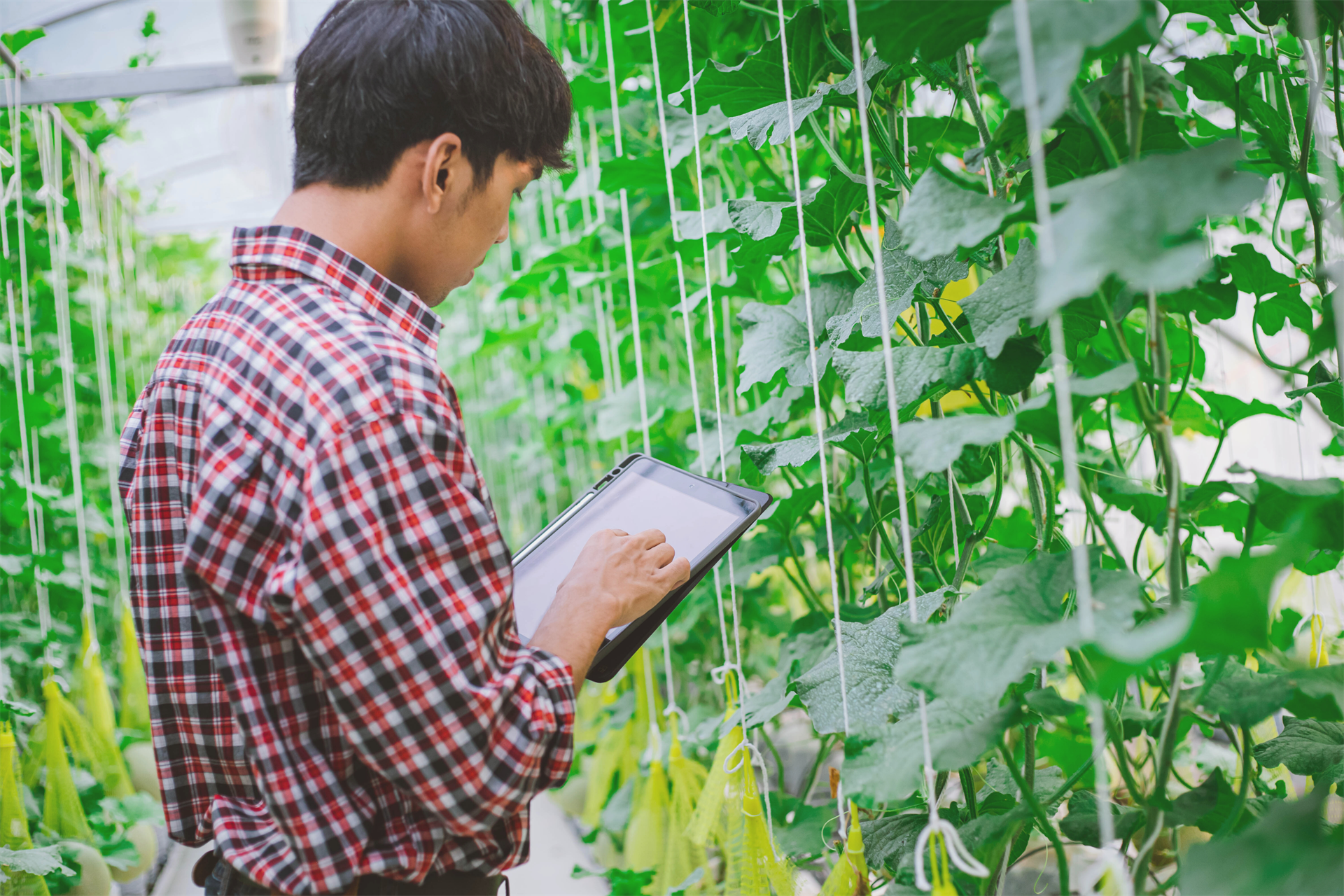
Follow Up: January Florida Food Forum
Transforming the Food System: Supporting Local Food Purchasing
If you were unable to attend the meeting, watch the full presentation online here.
On January 28th, the Florida Food Forum on " Transforming the Food System: Supporting Local Food Purchasing" featured guest speaker Chris Woods, VP of Food Value Chain at Tangelo. His presentation touched on issues in local food purchasing such as the lack of capacity to connect social disadvantaged farmers to sustainable funding sources, reaching underserved populations with traditional emergency food methods, creating equitable access to healthy food via traditional methods of food distribution and evaluating efficacy and waste with limited and fragmented data collection.
Erica Hall, Chair of the FLFPC Board of Directors, opened up the forum with a warm welcome and noted her excitement to hear from Chris about how technology is transforming the way we do food systems work. She then turned over the floor for the presentation portion of the forum, which was followed by an informative Q&A session. Below is a shortened summary of what was covered during the event.
Guest speaker Chris Woods opened by stating his goal for the day: to create an open platform to talk about current issues in local food purchasing and look at opportunities in healthcare and government.
“Tangelo is a proven, turnkey food benefits solution designed to transform the food system that works with government agencies, healthcare agencies and corporations,” he said. “We have a platform that helps us design a program, administer the program, find the right sourcing (primarily local sourcing), and do the last mile logistics, report, and give all of the transparency that is needed so we can show that local food purchasing and healthy food to the at-risk consumers is actually cost neutral if not more beneficial for everyone involved. And for local food purchasers, we want you to have the opportunity to impact consumer health through food and procure it at a fair price.”
According to a U.S. GAO report, only 6.8% of American adults are metabolically healthy. This is one of the reasons spending on healthcare and lost productivity attributed to diet-related diseases in the U.S. has topped $1.1 Trillion each year. Although there are a lot of one-way pathways attempting to solve this problem, Chris believes that by working together and streamlining efforts we can see real results.
Some of the often-heard local food systems challenges he highlighted are: Competitive Retail, as socially disadvantaged farmers and rural and underserved consumers are disconnected from the value chain; Farmers Markets, as there are limited outlets throughout the state and typically do not reach all consumers; Food Banks, as the “pick and pack” model does not always pay farmers at a fair price for the products they serve and often look for the lowest value products; and Government; as there is a lack of capacity to connect local, social disadvantaged farmers to sustainable funding sources.
When it comes to the impact of these challenges, Chris highlighted several important points: some farmers and consumers are left out, short-term funding is not sustainable, operations are inefficient and that measuring the true impact of these programs is challenging. He went on to explain that his platforms wants to help in measuring the impact so that information is relayed back to funding agencies.
The Local Food Purchasing Assistance Cooperative Agreement Program (LFPA)
U.S. Secretary Tom Vilsack recently said “Let’s transform our food system, ensure equity, end the pandemic and nutrition insecurity, and rebuild rural economies.” Hearing this, Chris said that he had chills as he realized the work that he was doing was impactful, and that the government is starting to see supporting the food system is a way of the future.
Recently initiated, the LFPA invests about $400 Million across the U.S. in projects that better the food system. With increased funding, Chris notes that there are increasing opportunities. However, not only can it be difficult to keep track of all of the programs, often the money goes to fund projects run by Big Ag.
One of Tangelo’s goals is to work with organizations to help the LFPA program become more streamlined and sustainable.
Chris continued by explaining how the platform creates an equitable access food benefit based on geographic and transportation need, financial need and cultural preference and why it is important to think about culture and providing appropriate foods for distribution. He also talked about why the platform strives to shift to 25% or more local purchasing and the many benefits it provides.
After the presentation, the forum opened for a Q&A session where attendees discussed a variety of topics around socioeconomic benefits of the platform, how SNAP and EBT at farmers markets be utilized partnering with food banks, school districts and other organizations and more.
Watch the full recording on our YouTube channel here
Resources
Learn more about Tangelo on their website
Learn more about the Local Food Purchasing Assistance Cooperative Agreement Program
Guest Speaker Bio:
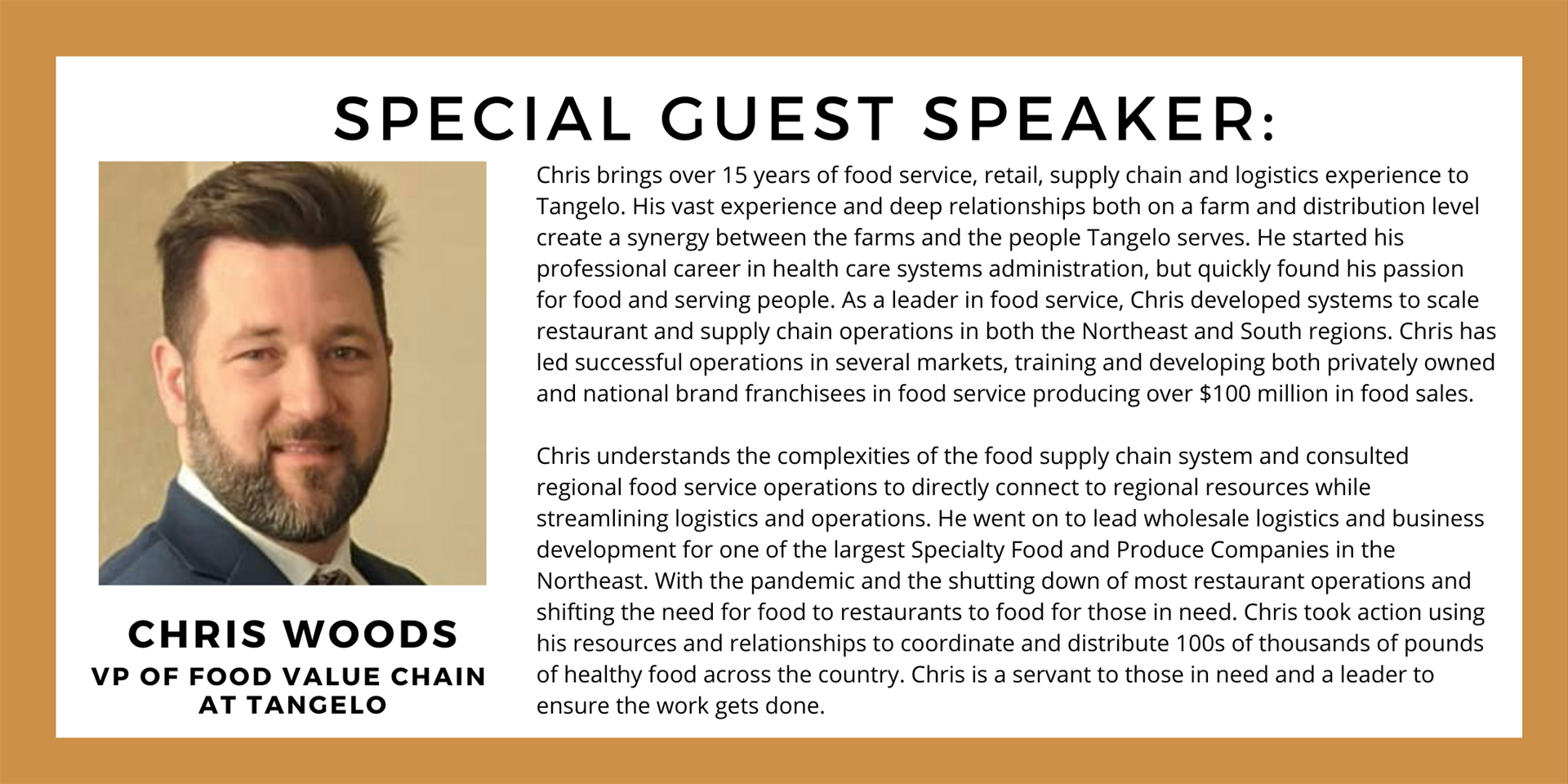
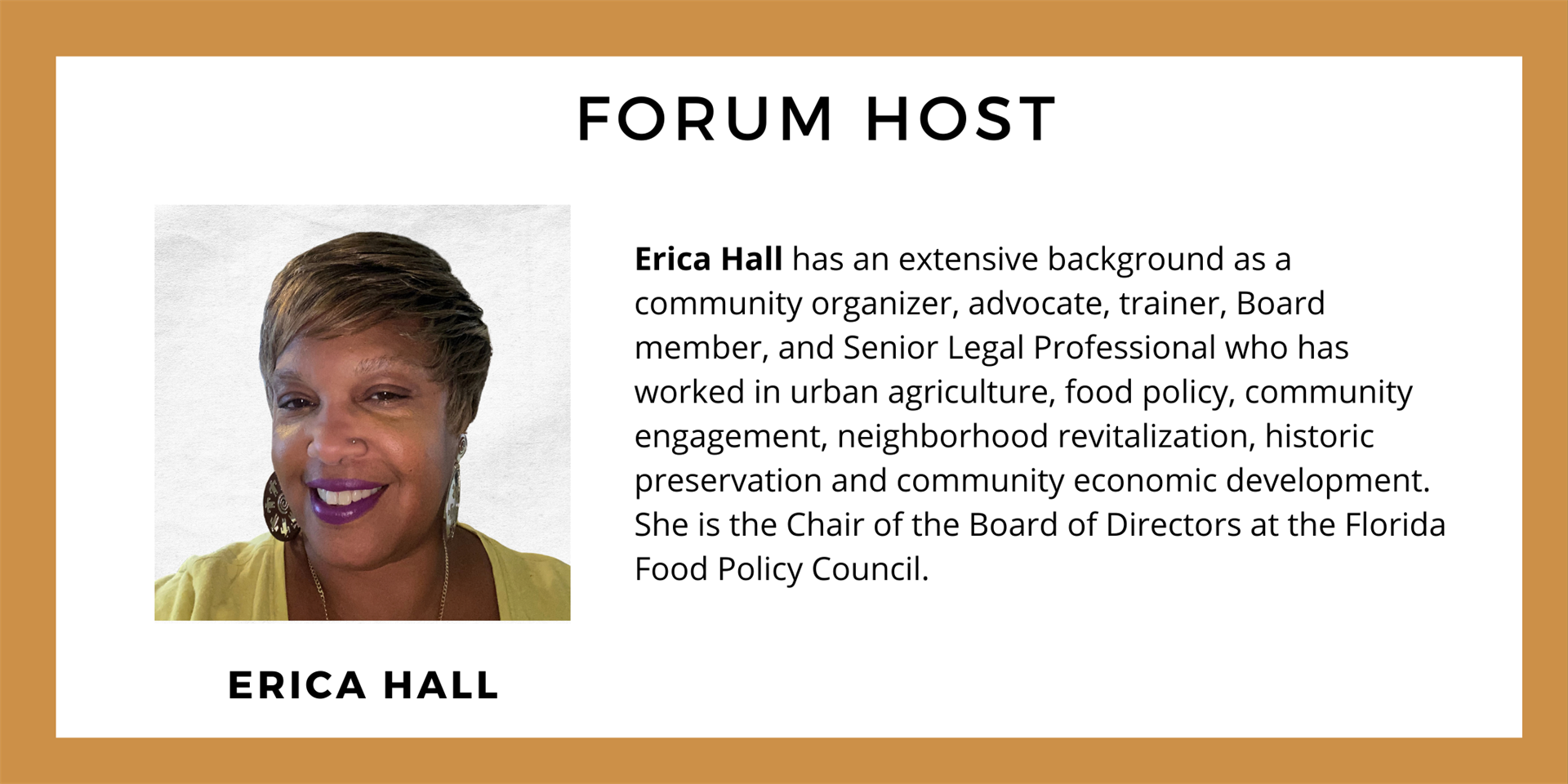
Thank you to our sponsors for making this forum possible:
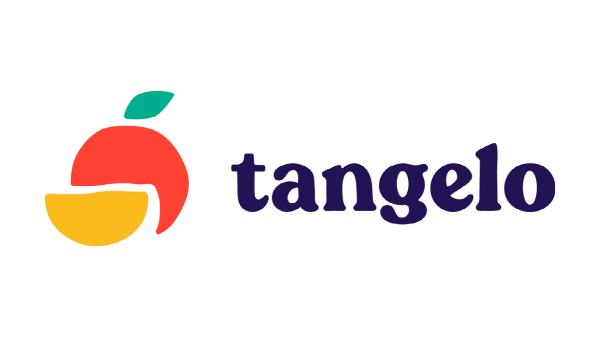 Tangelo is a Food Benefit Platform where organizations, agencies and institutions can utilize local farms and producers efficiently.
Tangelo is a Food Benefit Platform where organizations, agencies and institutions can utilize local farms and producers efficiently.
Contact: Chris Woods, chris.woods@jointangelo.com
Website: www.jointangelo.com
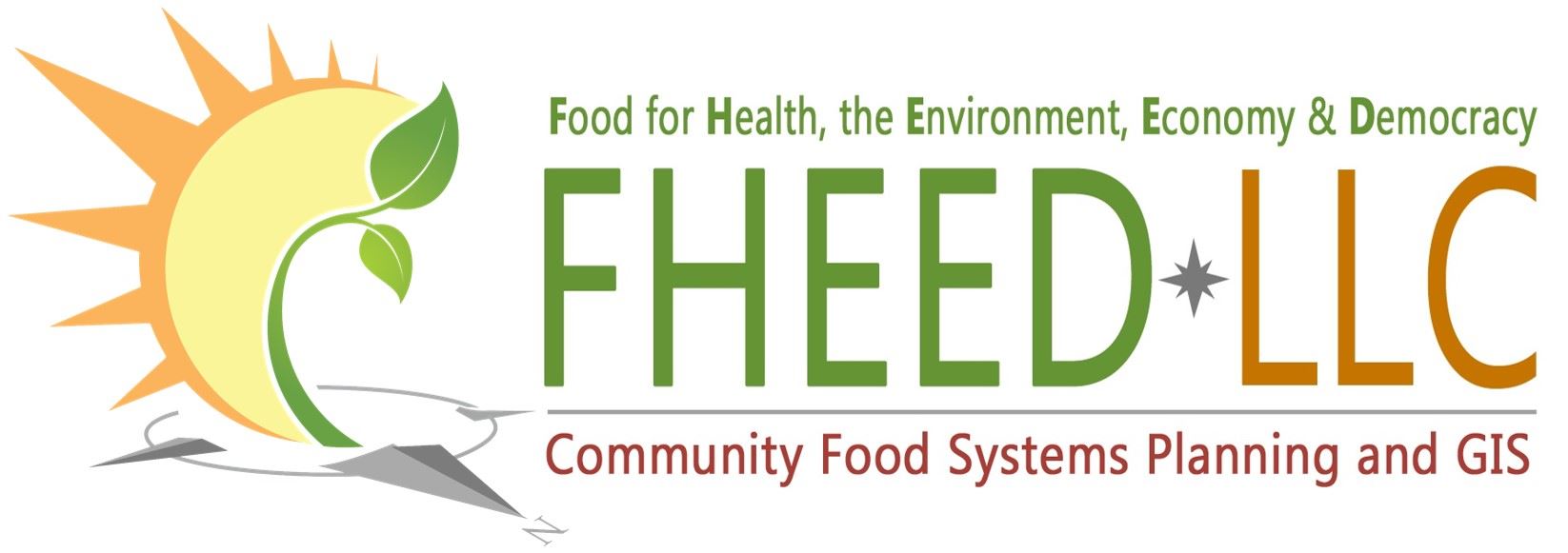 FHEED provides food systems planning, GIS analysis, advocacy, and education about food systems and healthy communities.
FHEED provides food systems planning, GIS analysis, advocacy, and education about food systems and healthy communities.
Contact: Anthony Olivieri, Founder, FHEED LLC
Website: www.FHEED.com
 J Haskins Law, located in Tampa, empowers communities with the legal and risk management tools they need to exercise food sovereignty. The contact for J Haskins Law is Jesse Haskins.
J Haskins Law, located in Tampa, empowers communities with the legal and risk management tools they need to exercise food sovereignty. The contact for J Haskins Law is Jesse Haskins.
Contact: Jesse Haskins, Founder, J Haskins Law
Website: www.jhaskinslaw.com
The Florida Food Forum is a free event. To support our work, please consider becoming a member or making a donation. For questions or more information, contact us at: info@flfpc.org
Disclaimer: The views of the presenters do not represent the views of the Florida Food Policy Council. We are a forum for the offering and sharing of information and encourage diversity and communication within the food system.